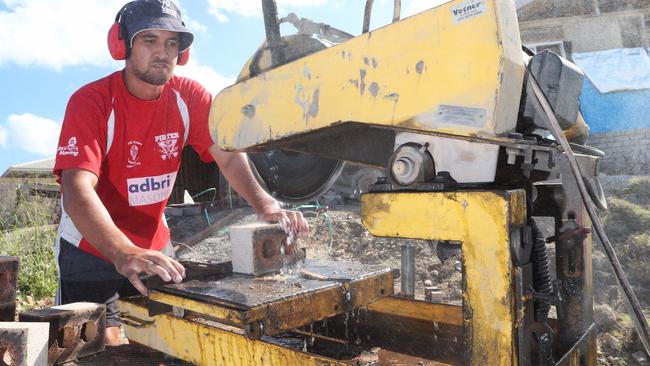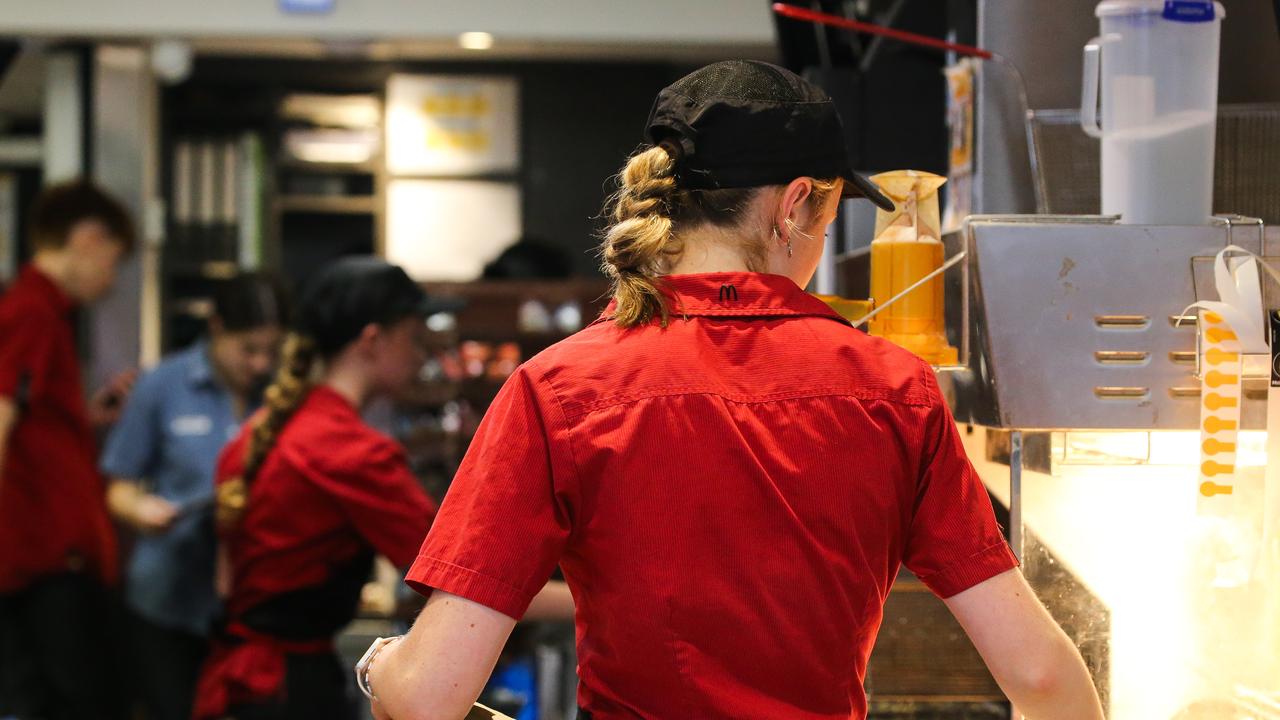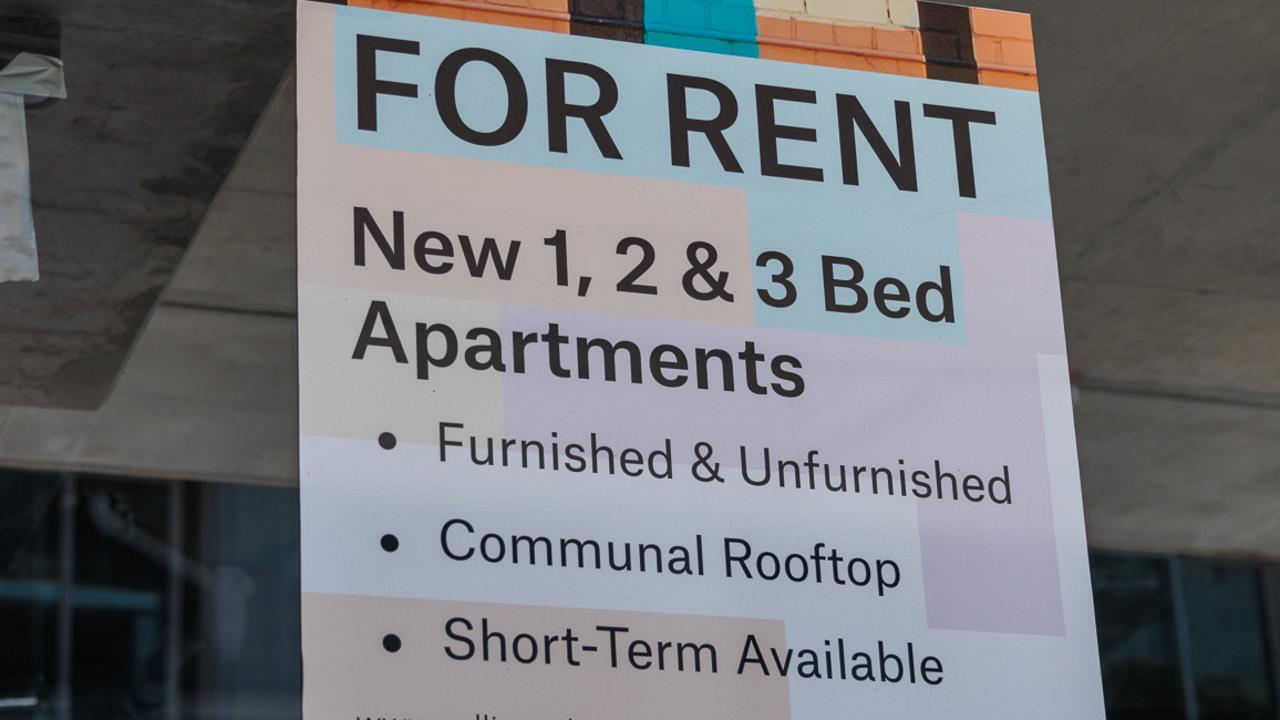Employers struggle to source skilled tradespeople, new survey finds
IF you’ve got one of these jobs, you’re very popular. Here are the job roles employers find it hardest to fill — with one particular worker right at the top.

Careers
Don't miss out on the headlines from Careers. Followed categories will be added to My News.
SKILLED tradespeople top the list of workers that employers struggle to source, a survey has found.
Australian researchers found labourers, drivers, sales reps and tradies are among the jobs employers are finding the hardest to fill.
But few are willing to take on untrained staff and give them the skills themselves, according to the survey of 1500 Australian employers.
More employers cannot find staff this year compared with last year while a lack of applicants is the top reason why employers find it difficult.
The 10th Talent Shortage Survey, from recruitment agency ManpowerGroup Australia and New Zealand, found one in four employers were not doing anything to try to fill the role, such as hiring an inexperienced worker and training them up.
The company’s managing director Lincoln Crawley said employers wanted ready-made specialists rather than help them tweak their skills to suit the job.
He said it was not that employers were consciously being lazy but too many were not trying new things to overcome their obstacle.
“We are not seeing a whole lot of action in the way they are trying to attract people or looking to utilise techniques to repackage jobs, so they can utilise a small number of highly skilled people, supported by either less skilled people and/or people who are in the workplace for a lesser amount of time, or transitioning across areas,” he said.
“There are organisations that are doing it, for sure, but what we are seeing is the number of organisations that aren’t is higher than we would expect.
“Those organisations that are doing so are going to get quite a competitive environment (from jobseekers).”
Roles available that require no or entry-level qualifications include receptionists and labourers, while accountants, managers and IT staff may require a tertiary degree but fewer graduates are being employed.
Mr Crawley said skilled trades had topped the list for nine years in a row, despite the resources sector coming off the boil.
Job location was a factor, as many of those workers lived in Queensland or Western Australia and were not being lured to the jobs coming on stream in infrastructure construction.
He said employers were stepping away from tackling the talent shortage issue at a rate of one and a half times their global counterparts, as only 8 per cent were introducing specific strategies, compared to the international average of 12 per cent.
Jared McCutcheon, 41, has struggled so much to find a job in the past few months that he placed a work wanted advertisement in CareerOne.
He has an MR driving licence, a forklift licence, and holds a Certificate III in Horticulture and can start immediately.
“Employers won’t recognise my horticultural skills, even though the words (on the certificate) are the same,” he said.
“I’m not a lazy person. I just want to get some work.
“I’ve got skills that can be used, it’s a matter of someone saying ‘I’d love to give you a shot’.”
Originally published as Employers struggle to source skilled tradespeople, new survey finds


